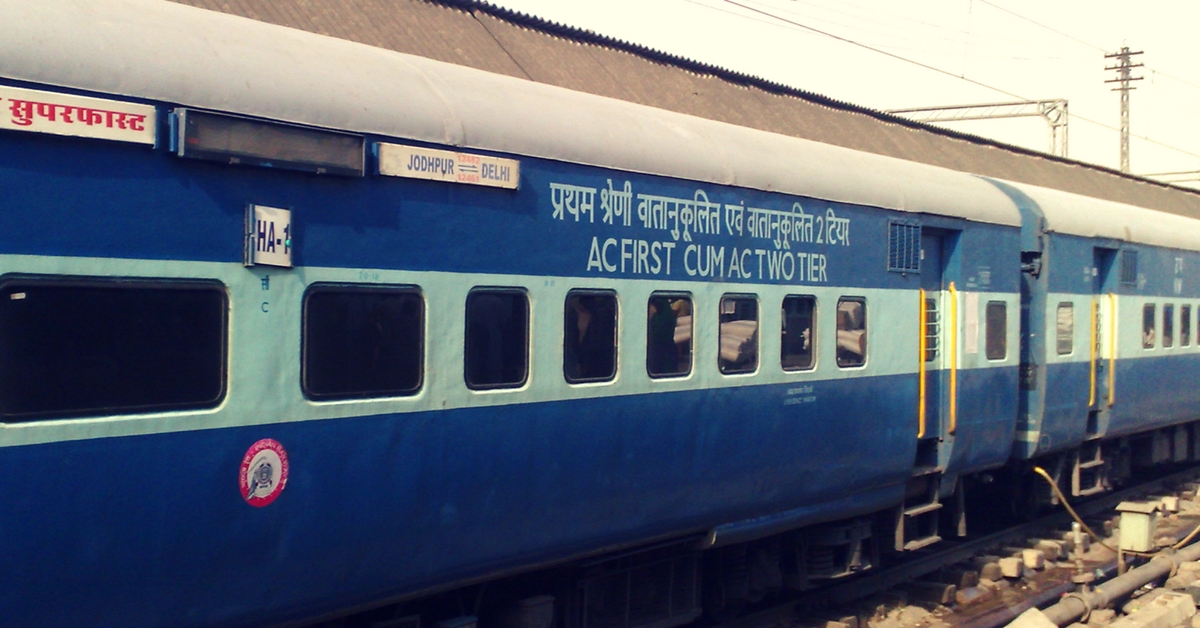The rail accident at Raebareli in Uttar Pradesh that so far claimed seven lives came as a jolt to Indian Railways that is yet to fill the vacancies of around 1,41,000 safety staff and is in the process of replacing age-old tracks. As per the latest reports, at least seven people lost their lives and over 20 people got injured as Malda town-New Delhi express (train no: 14003) got derailed near Harchandpur railway station in Uttar Pradesh’s Raebareli at around 6.05 am on Wednesday. Railways said in a statement that train engine and five coaches have derailed and a rescue team has been sent to the location. A team of officials headed by railway board chairman Ashwani Lohani is also on its way to the accident site. Railway minister Piyush Goyal has ordered an enquiry by the Commission of Railway Safety into the accident. As per the latest data available, the number of accidents and related deaths has come down in the last two years. While railways saw 192 deaths in 314 accidents in 2016, it came down to 97 deaths in 187 incidents in 2017, posting over *40 per cent drop in the number of accidents* After massive track renewal works conducted by the railways, the number of accidents came down to 16 claiming only 18 lives during the first six months of 2018. However, Wednesday’s accident shows that this relief by the railways was short-lived, as the national transporter is yet to fill 1,41,565 vacancies of non-gazetted staff in safety category.
Further delay in filling vacancies may hurt the railways more though it is on a hiring spree coming out with 1,20,000 vacancies this year. Early this year, railways came out with two employment notifications to fill up 89,409 vacancies. These include 26,502 vacancies of assistant loco pilots and technicians and 62,907 vacancies of various Level-1 posts, mainly in safety categories. Going by another data with the railways, the number of derailments also decreased in the last few years with the average derailments between 2014-18 coming to 65 a year, down 25 per cent from 86.7 a year between 2004-14. Lots of work is happening now in the track renewal area. However, I would suggest that maintenance should also be given priority. The fund for depreciation reserve fund (DRF) should not be diverted for any other purpose, said Shanti Narain, Former Member Traffic of the Railway Board. Early this year, the Comptroller and Auditor General had highlighted that non-availability of sufficient funds in DRF to replace the over-aged assets is indicative of weak financial health of Indian Railways. The *plans formulated to check train accidents* include replacement of over-aged assets, adoption of suitable technologies for up-gradation and maintenance of track, rolling stock, signalling and interlocking systems, safety drives, greater emphasis on training of officials and inspections at regular intervals to monitor and educate staff for the observance of safe practices. Railways achieved 4023 km on track renewal its highest ever in 2017-18 and has targeted 4400 in 2018-19.

